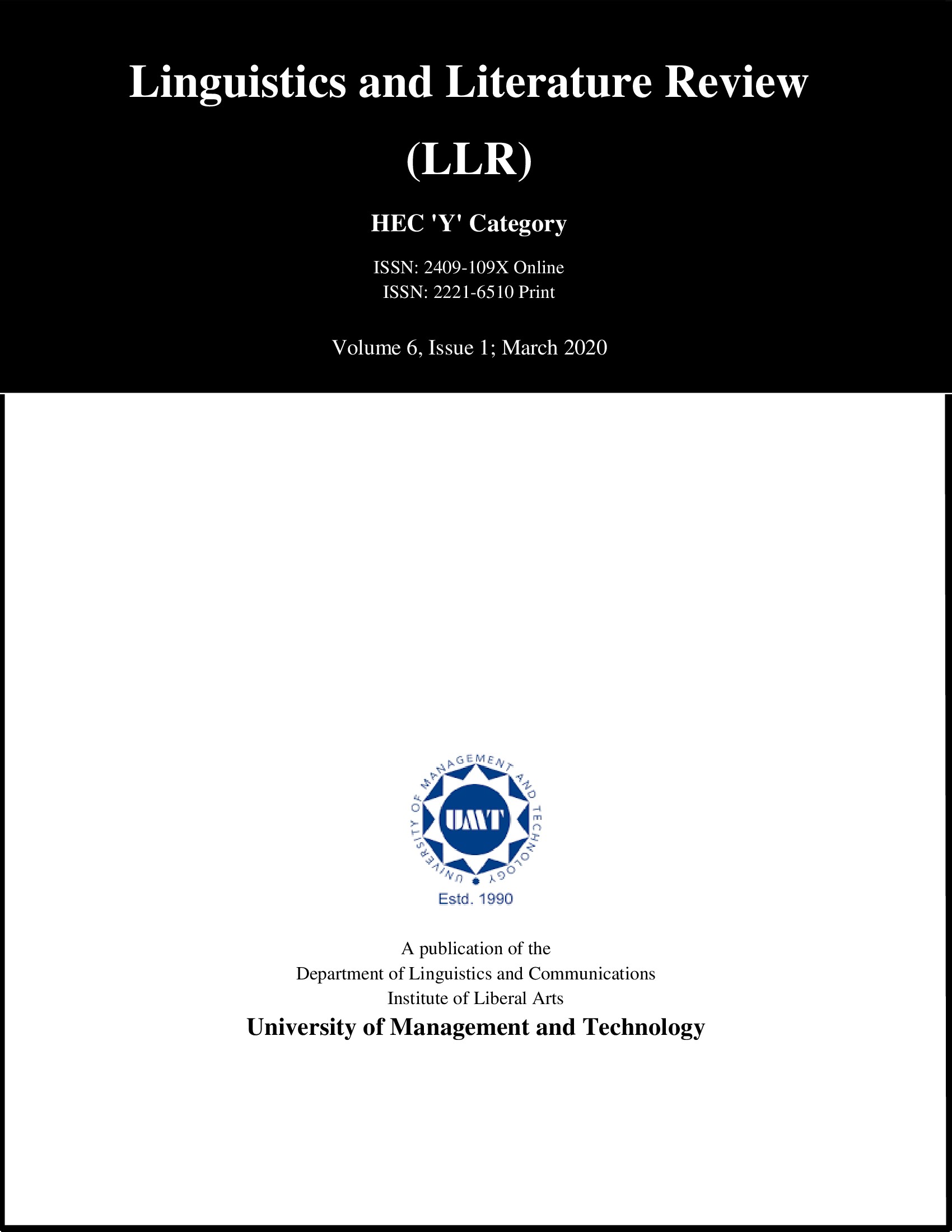
Linguistics and Literature Review
Yazarlar: ["Farheen Shakir"]
Konular:-
DOI:10.32350/llr.81/02
Anahtar Kelimeler:Crime fiction,Debility,Disability,Posthumanism,Terrorism,Violence
Özet: Crime fiction has emerged as a developing genre in the literary field of Pakistan. Moreover, Omar Shahid Hamid’s fictional works have played a pivotal role in its emergence. The current review of The Spinner’s Tale (2015) by the above author depicts Uzair, a.k.a. Ausi, as the hardcore terrorist who falls upon the thorns of life and bleeds. His defiance of the essentialist human nature changes his free will into a nexus of obligations. Although he transgresses the prescribed boundaries to achieve his standard of morality so as to make sense of his revenge, his super-humanness as antihuman and disabled otherness are challenged by the state. The current study examines his right to maim in light of Jasbir K. Puar’s concept of maiming, disability, debility, and capacity. The insistent need of the time to optimize the level of violence perpetrated by the state and to revolutionize the philosophical standing about antihumanists and isolated figures remain the main aspects of discussion. Problematic characters, such as Ausi, present their defiance as resistance and take revenge from the technologized neo-imperial system for their maimed and disabled bodies. Through the lens of Jasbir Puar, Ausi’s right to maim is gauged by deconstructing biopolitical power structures and the shifting of the responsibility of crime and terrorism onto the civilized posthumans who own power, although remain powerless to handle terrorists. The current critical examination exposes Ausi’s standpoint of revenge against the posthumanist governmentality of neo-colonial powers and their unjust maiming and disabling of subjectified subjects in the colonized lands of Afghanistan, Palestine, and Kashmir.